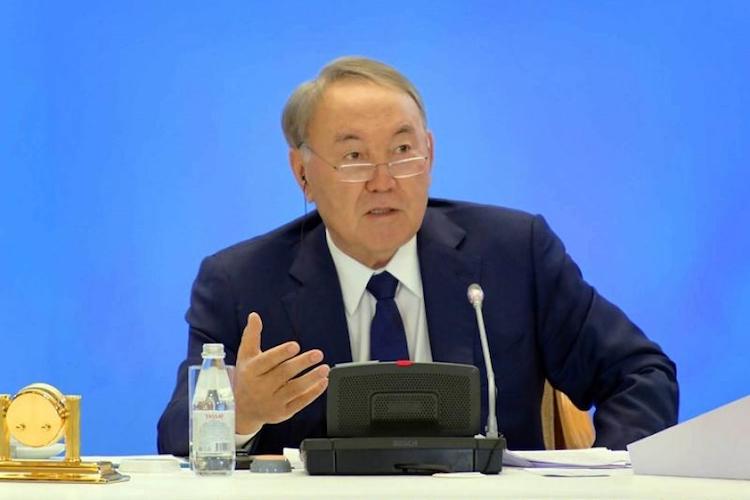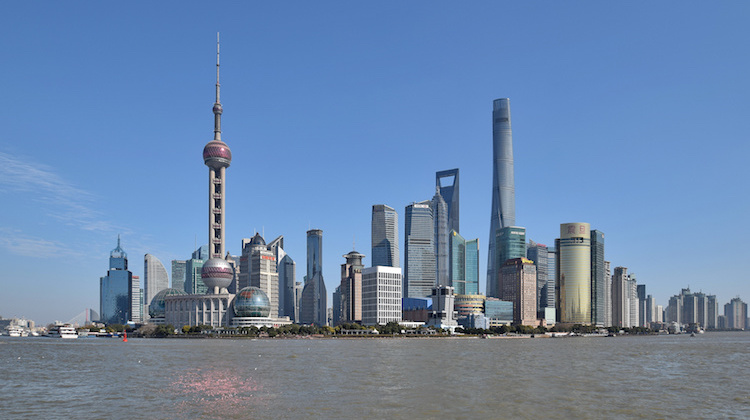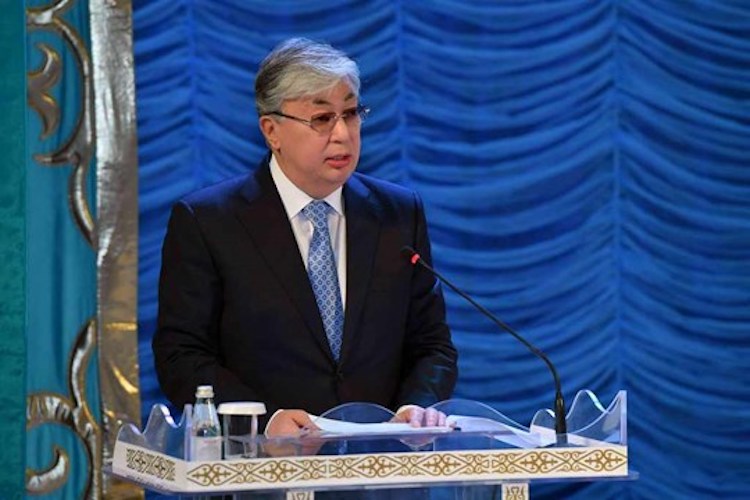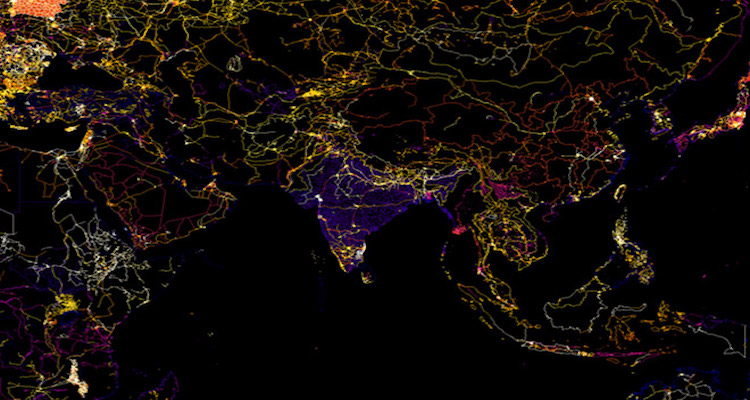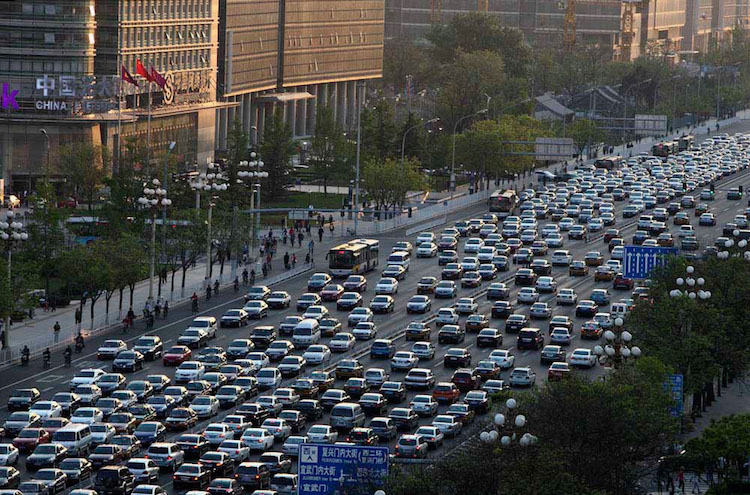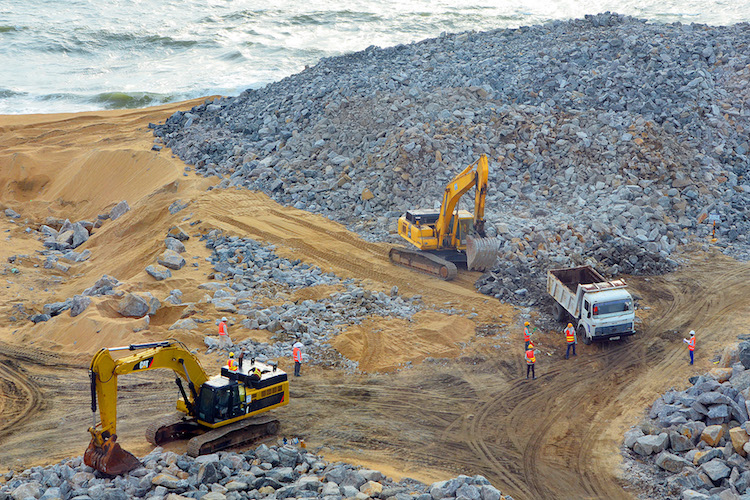Viewpoint by Hirotsugu Terasaki The author is Vice President, Director General of International Bureau, Peace and Global Issues, United Nations Liaison Offices, Soka Gakkai. The following is the text of his remarks at the opening session of the two-day Congress of the Leaders of World and Traditional Religions on October 10, 2018 in Astana, the […]
Kazakh President Urges Religious Leaders to Help Resolve ‘Civilizational’ Problems
Viewpoint by Nursultan Nazarbayev The author is the President of the Republic of Kazakhstan. Following are extensive excerpts from his opening address to the two-day Congress of the Leaders of World and Traditional Religions on October 10, 2018 in Astana, the capital of Kazakhstan. He shared with religious leaders “a vision of the areas that […]
Trump Impossible to Deal with Though He Gets Things Done
Viewpoint by Jonathan Power* LUND, Sweden (IDN-INPS) – What do we have to truly fear about President Donald Trump? Early October he pulled off the successful re-negotiation of the North America Free Trade area. Pundits thought, with Canada refusing to bend, it couldn’t happen. Maybe the deal now leans more in America’s direction but Trump […]
On ‘Socialism with Chinese Characteristics’ – or Harmony and the Seeds of Conflict
Viewpoint by Michele Nobile* This is the fourth of a four-part series. Click here for Part 1, Part 2 and Part 3. ROME (IDN) – Since 2004-2005, the CCP has set itself the task of “building a harmonious society”. The internal harmony of China presupposes the discipline of farmers and the working class within the […]
Leaders of World and Traditional Religions Gather in Astana for Inclusive Dialogue
Viewpoint by Kassym-Jomart Tokayev The author, Kassym-Jomart Tokayev, is Chairman of the Senate of the Parliament of Kazakhstan and Head of the Secretariat of the Congress of the Leaders of World and Traditional Religions. This opinion article first appeared on The Astana Times on October 5, 2018, and is being reproduced courtesy the prestigious Kazakh […]
On ‘Socialism with Chinese Characteristics’ – or Ideological Mess and Reality
Viewpoint by Michele Nobile* This is the third of a four-part series. Click here for Part 1 and Part 2. ROME (IDN) – One of the collective ideological hallucinations of the 20h century was Mao Zedong Thought. A remarkable thought in terms of metaphors and similitudes but even more so in terms of incoherence: as […]
India Needs to Reify its Global Nuclear Disarmament Policy
Viewpoint by Pulkit Mohan India’s challenge in asserting its stance on global nuclear disarmament requires a precise articulation of its goals and plans, writes Pulkit Mohan, a Research Intern at India’s prestigious Observer Research Foundation. The article first appeared on 28 September 2018, and is being reproduced courtesy the Foundation. NEW DELHI (IDN-INPS) – For […]
On ‘Socialism with Chinese Characteristics’ – or Mask of Capitalism
Viewpoint by Michele Nobile* This is the second of a four-part series. Click here for Part 1 ROME (IDN) – “Socialism with Chinese characteristics” is described by the regime in the following terms: “A historic transformation from a highly centralised planned economy to a dynamic socialist market economy has been achieved in China. A basic […]
On ‘Socialism with Chinese Characteristics’ – or Problem of Epochal Social Transformation
Viewpoint by Michele Nobile* This is the first of a four-part series. ROME (IDN) – The “peaceful rise” or “peaceful development” of China is one of the most remarkable processes marking the world economy between the twentieth and twenty-first centuries … and perhaps the most important. Over four decades of the era of economic reforms, […]
China Suspected of Going Green by Dumping Brown Through BRI
Viewpoint by Dokku Nagamalleswara Rao & Atmaja Gohain Baruah Dokku Nagamalleswara Rao and Atmaja Gohain Baruah are research scholars at the Center for East Asian Studies, Jawaharlal Nehru University in New Delhi India. This article first appeared in East-West Forum on 25 September 2018. – The Editor. NEW DELHI (IDN-INPS) – The environmental impact of […]


